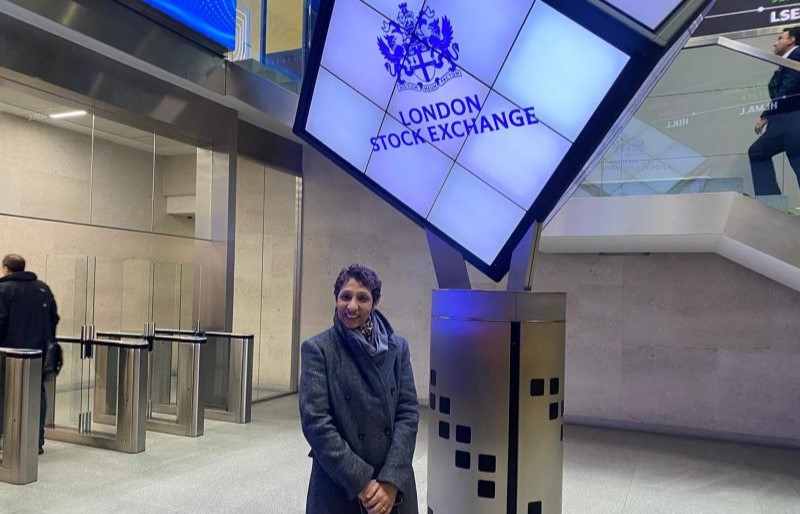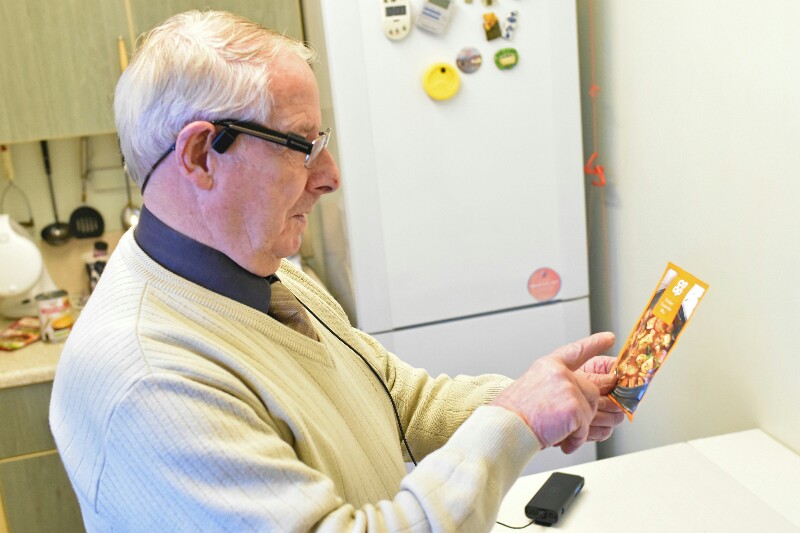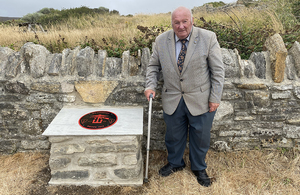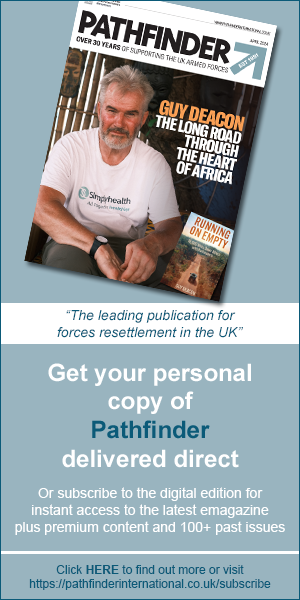Two veterans, two conflicts, one shared problem…
There is a commonly held misconception that all veterans facing psychological problems have Post-Traumatic Stress Disorder. In fact, far more prevalent are the common challenges of anxiety, stress and depression; something Help for Heroes is addressing through its new psychological well-being service, Hidden Wounds.
Hidden Wounds offers support to veterans and military families living with everyday mental health problems.
Nigel Lihou, 59, of Pewsey, was serving in Northern Ireland when he survived a grenade that exploded just metres from him. He went on to witness one of the most infamous bombings of The Troubles, which left a lasting impact.
Returning to his former job as a butcher, Nigel lived in fear that he would come face-to-face with terrorists at any moment. He worried about being attacked from behind while he washed his hands, at home he’d draw the curtains and when he was out he’d obsessively take down number plates. He had developed “catastrophe thinking”, always imagining the worst case scenario. When he slept, his daughters knew never to wake him in case he reacted by striking them. To him, an attack was never far away.
He was haunted by a story of a man in Northern Ireland who was shot through a window while sitting in his own living room with two police officers. “That wouldn’t have happened if the curtains had been drawn,” he said.
For Alex Ford, 45, of Shropshire, his mental health problems were revealed through feelings of failure after taking redundancy from the RAF in 2012 to look after his family. He had to care for a young daughter and a wife, who had two prolapsed disks and had been medically discharged from the army. The challenge of caring for them both did not help his depression. He feared he’d let everybody down during his six month tour of Helmand in 2011.
Here, Alex came under fire and witnessed a colleague being blown up and badly injured. Two soldiers from the army company he was with were killed and 20 percent were injured. Feelings of frustration, lack of control and anger soon turned into actions; shouting, screaming and punching the wall.
“I felt I didn’t do enough out there to get it right,” he said. “As if I wasn’t strong enough, wasn’t fit enough or wasn’t clever enough. This nagging doubt in my mind says `you could’ve been better`. It was feelings of desperate depression; I couldn’t see a way out of the fog that had enveloped me.
“I was angry, shouting, screaming, punching the wall occasionally, that sort of thing. Nothing physically violent but it was angry outbursts of shouting and then periods of desperate depression, really.
“Some people call it ‘being low’. I’ve never done that, I’ve always said it was more like a fog. I know that the answer is out there, I just can’t see it. If I was able to get 15, 20, feet higher, I’d be out of the fog.”
Dr Vanessa Lewis, Head of Psychological Wellbeing at Help for Heroes said: “Many people think of wounded or injured servicemen as recovering from IED blasts or fire-fights, but the reality is that many more may need support with everyday mental health problems.We want all injured or sick veterans and their families to know they can get help with managing their emotions, sleeplessness and other common psychological well-being issues as soon as they need it.”
Psychological support can be accessed by Veterans and Armed Forces families over the phone, Skype or face to face. Individuals are taught practical skills to help understand their emotions and learn to positively manage them.
Nigel said his life has been turned around after attending sessions with Hidden Wounds, although asking for help was difficult. “I felt like a fraud,” he explained. “I hadn’t had my legs blown off. I’m intact. There are people a lot worse off than me and I didn’t class myself as wounded.” He was soon diagnosed with Hyper Vigilance.
He no longer counts number plates all the time and is learning to stop imagining that the worst will happen. He used to dream up to three times a week that he was still fighting with the Army. Now, he has these dreams less than once a month.
“I’m a lot happier. My wife says she can see a big difference. I had a problem I just never realised it. If I had done this earlier, our relationship could’ve been steadier,” he said.
Although he still has bad days, Alex said Help for Heroes Hidden Wounds have helped him gain perspective and it gives him reassurance someone is there to talk to. “I emailed Help for Heroes at half past midnight after a bad couple of weeks and they called back first thing next morning.
“They got me to start keeping a mood diary to document how I’m feeling. It made me realise eighty percent of the day, you’re feeling quite good about the world. The bad times you see become bigger than they actually are.”
What Is Hidden Wounds?
In the same way that you need to keep physically fit, it’s as important to maintain a healthy mind.
Different people respond to stress and worry in a variety of ways – it can be a sudden lack of motivation or interest in everyday activities; an uncontrollable sense of worry or fear; it could be physical tension in the head or shoulders, or any number of other symptoms.
Help for Heroes new psychological well-being service, Hidden Wounds, can help with many of these problems and is here to get you back to enjoying everyday life again. Confidential support is delivered by our Psychological Wellbeing Practitioners (PWPs), often over the phone or Skype, so that you can easily access support from all round the country.
Weekly sessions with a PWP involve using workbooks and learning practical tools and techniques to help you understand these emotions and learn how to positively manage them.
We also welcome calls from those who are worried about a loved one they think may benefit from contact with the H4H Hidden Wounds service. We will never contact an individual without their consent, but can send you some information to help you approach them with all of the facts.
H4H Hidden Wounds is open to Veterans, their families and the families of those who are serving. Servicemen and women in need of psychological support should contact your Medical Officer or Unit Welfare Officer, or Help for Heroes to see if we can support you in other ways. We encourage those in need of support for children under 18 or for complex issues, such as PTSD, to also get in touch and we’ll help you to find an organisation that can help.
Further Information
To find out how H4H Hidden Wounds can help you, please contact the team weekdays 9am-5pm:
Tel: 01980 844300

















